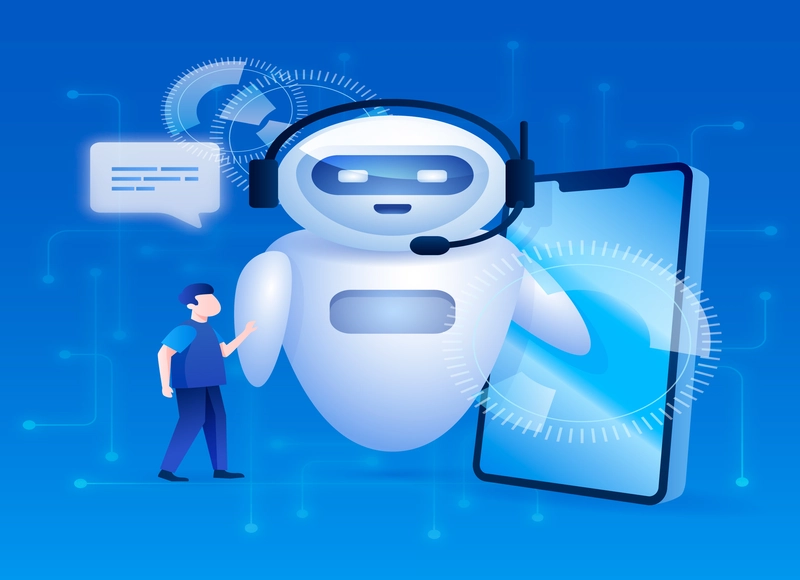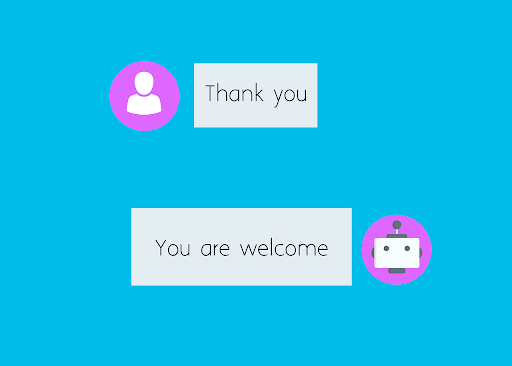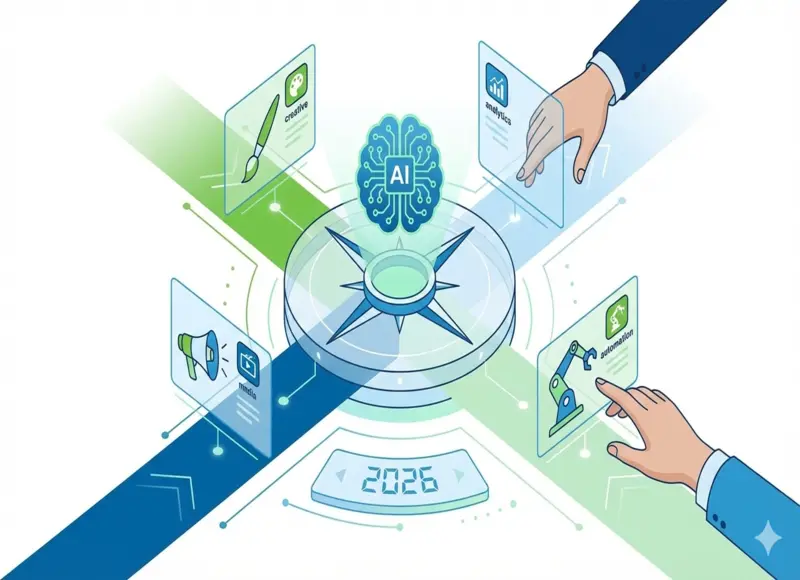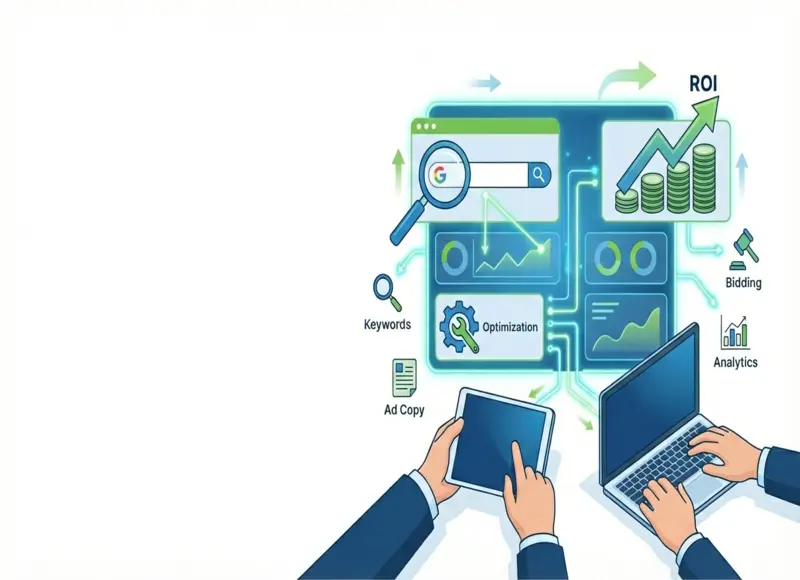Table of Contents
Discover how AI-based tools are revolutionizing customer support by providing instant responses and personalized assistance.

?
Technology is changing the way we do things every day. And AI is leading the charge. This is especially relevant when it comes to customer support.
We’re moving from labor-intensive, human-based support to a more efficient hybrid model. AI isn’t perfect, but it doesn’t sleep and can handle simple questions with confidence.
And, while we automatically think about chatbots when talking about customer support, AI can do so much more. It can support clients or assist agents in finding the right answers quickly. It can also support managers with predictive analytics.
The shift is about more than just efficiency. AI is redefining what’s possible, and customer expectations are changing to match. Support teams today must provide faster, more seamless experiences.
But how far do these tools go, and how can you use them to your advantage? In this post, we’ll look at how AI is changing customer support and how you can successfully ride the wave.
The Evolution of Customer Support with AI

When you picture a call center, what do you think of it? If you’re like most people, you’re picturing a big office with lots of cubicles. It’s staffed by consultants wearing headsets and tapping away on computers.
That’s still true today, but thanks to AI, the size of the team is decreasing, which means that we’re overhauling traditional customer service models. Machines can answer thousands of queries at once, making it easier to scale up support as necessary.
With a traditional team, your consultants can only serve so many people at a time, which makes scaling up periodically essential. It’s, unfortunately, also expensive and time-consuming.
Some companies deal with this by using customer and back office support services. This allows them to build a team that meets their needs at a fraction of the cost of hosting one. It also gives them access to the expertise they need.
Still, though, we face the same issue we do with conventional call centers. Outsourcing support is less expensive than running an in-house team, but you’ll need to upscale your team at some point.
Or you can supplement your team with AI. And we’re not talking about the old-fashioned chatbots that needed your client to hit the right keywords. Today’s bots are based on generative AI, which makes them better at understanding the context of a question.
We’re also seeing an increase in voice-driven assistants, meaning your customer can chat to the bot and get support immediately. These models are becoming so sophisticated that they can run data from several sources to deliver personalized recommendations.
For instance, they can scan through the purchasing history of a customer, his/her preferences, and behavior on your website to offer extremely pertinent recommendations. This not only assists your customer in easily accessing what he is looking for but also gives the impression that you know him.
Bots can:
- Help customers navigate your knowledge base and get the answers they need.
- Deliver personalized content to website visitors.
- Help your agents find the answers they need urgently.
The upshot is that your human team has more time to deal with more complex or sensitive issues. You can even task them with delivering proactive support.
AI Tools That Are Transforming Customer Support
So, what types of tools should you be looking into?
AI Chatbots and Virtual Assistants

The chatbots are now a key component of this online customer service. The chatbots are helpful in terms of offering real-time assistance without any human intervention.
The AI-backed chatbots enable themselves to leverage natural language processing (NLP) to interpret human queries and respond to them effectively.
However, some chatbots have been stuck with the scripted answers. They have been developed to resolve simple issues such as tracking orders or refund requests. While the other chatbots use conversational AI, learning from past interactions to resolve complex questions and improve their conversation over time.
Example: Sephora’s chatbot helps customers with product recommendations, makeup tutorials, and appointment scheduling, making the shopping experience more engaging and convenient.
AI-Powered Voice Assistants
Voice-driven AI assistants such as Amazon Alexa, Apple Siri, and Google Assistant are redefining how customers engage with businesses. Used in customer support systems, these assistants provide hands-free, real-time support.
Orders can be tracked, appointments booked, or troubleshooting assistance can be obtained through voice commands.
AI-driven voice recognition learns to individualize based on user habits, enhancing personalization over time.
Example: Bank of America’s AI assistant, Erica, helps customers manage accounts, detect fraud, and receive financial insights via voice and text interactions.
Sentiment Analysis and Emotion Recognition
Exceptional customer service is not just about answering questions—empathy with emotion is what it is about. Fueled by artificial intelligence, Sentiment analysis tools analyze text, voice, and even facial expressions to identify frustration, satisfaction, or bewilderment.
AI evaluates customers' feedback, reviews, and social media conversations for warning signs of upcoming issues before they become major concerns. Support teams can then prioritize critical cases based on flagged frustration or negative sentiment.
Example: Zendesk’s AI-driven sentiment analysis categorizes support tickets by urgency, ensuring dissatisfied customers get priority assistance. Zendesk’s bot improves response rates by 23%.
Predictive Analytics for Proactive Support
AI doesn't simply respond to issues; it can anticipate them. Predictive analytics enables companies to detect upcoming problems before compromising the customer experience.
AI interprets the history of interactions, uses habits, and customers' conduct to predict service complaints or failures. Companies can be proactive in the sense of getting in touch with customers before they realized a problem.
Example: Telecom companies use AI to predict network outages and notify customers in advance, reducing frustration and support call volume.
AI-Driven Knowledge Bases and Self-Service Support
AI enhances self-service support by making internal knowledge base software smarter and more intuitive. Instead of sifting through lengthy FAQ pages, customers get tailored answers quickly.
AI-driven search functions surface the most relevant articles based on customer queries. Chatbots guide users through troubleshooting steps without requiring a live agent.
Example: Microsoft’s AI-powered self-service portal uses machine learning to recommend support articles specific to each customer’s issue.
AI-Powered Call Center Automation
AI streamlines call center operations by handling routine calls and assisting human agents in real-time. You can incorporate interactive voice response systems to route the calls based on customer needs, reducing wait times.
Finally, virtual assistants can summarize different customer interactions, minimizing agent workloads. This allows the team to focus on more complex issues.
Example: Google’s AI-based call center solutions transcribe conversations in real-time, providing agents with customer history and suggested responses.
The Benefits of AI in Customer Support
Should you invest in AI tools? Here are some of the benefits you can expect to enjoy.

Faster Response Times
AI-powered chatbots and self-service tools decrease wait times, ensuring customers get immediate answers. A bot can deal with multiple queries at once, making it an asset during peak periods.
Cost Efficiency
Automating repetitive tasks reduces the need for large support teams, lowering operational costs while maintaining service quality.
24/7 Availability
AI-driven support operates around the clock, helping global customers in different time zones without requiring human agents. Some bots can also offer multilingual support, making them useful when you operate outside your normal geographical area.
Enhanced Personalization
Want better sales? AI analyzes customer behavior and history to deliver tailored responses and recommendations, creating a more engaging experience.
Improved Agent Productivity
Virtual assistants help human agents by handling routine inquiries, providing real-time suggestions, and summarizing conversations, allowing agents to focus on complex cases.A good example is CloudTalk’s cloud phone system, which uses AI features like call transcription and smart routing to cut down repetitive tasks and free up agents to focus on building stronger customer relationships.
Scalability
Businesses may extend customer service without having to add a lot of people because to AI's ability to handle hundreds of requests at once.
Challenges of AI in Customer Support
You should be aware of AI's limits before rushing to sign up. You cannot expect your clients to be satisfied if you fire your entire support staff.
Lack of Human Touch
While AI improves efficiency, it lacks the emotional intelligence and empathy human agents bring, especially in sensitive situations. AI can mimic a caring nature, but it doesn’t understand why people feel the way they do.
For example, a human agent will realize that a customer might feel embarrassed if the answer is a simple one. So they’ll be very tactful when talking to that client to avoid embarrassing them. Machines can’t pick up on these subtleties; they would blurt out the answer.
Misinterpretation of Queries
AI chatbots and virtual assistants sometimes struggle with complex or ambiguous queries, leading to customer frustration and the need for human intervention.
For example, if a customer is sarcastic, the bot becomes lost. They take everything the client says at face value.
Privacy and Security Concerns
AI systems gather huge amounts of consumer data, which raises questions about data privacy and possible security lapses.
Integration with Existing Systems
Implementing AI technologies usually requires integrating them with existing CRM platforms and procedures, which can be challenging and time-consuming.
High Initial Investment
AI-driven customer support solutions require upfront investments in technology, training, and system integration, which may be a barrier for smaller businesses.
While these costs are coming down, you also have to consider ongoing maintenance. Some companies will charge you a development fee and then a monthly fee based on how many questions the bot answers for you. Even if they don’t, you have to periodically update your model.
The Future of AI in Customer Support
AI is advancing rapidly, bringing new possibilities for even more sophisticated customer interactions. Emerging technologies will push AI-driven support to new levels:
- Generative AI will produce more human-like, context-sensitive responses, making AI chatbots sound more human.
- AI-driven video support will enable customers to engage with AI avatars for troubleshooting and guided support.
- Language translation in real-time will remove linguistic barriers, making it possible for companies to extend smooth global support.
As advancements in AI speed up, there will be shifts in the balancing act between human touch and automated processes. Only those companies that strike the balance correctly will succeed in extending efficient as well as truly customer-oriented support.
Conclusion
AI tools are transforming customer support. They make interactions faster, smarter, and more efficient.
From chatbots and voice assistants to sentiment analysis and predictive analytics, AI improves customer experiences while reducing costs and boosting efficiency.
There are still challenges, like keeping a human touch and protecting customer data. But the benefits far outweigh the downsides. Businesses that adopt AI-driven support will stay ahead by offering seamless, personalized, and proactive service.
As AI keeps evolving, customer support will become even more responsive and efficient. Intelligent automation, predictive insights, and AI-human collaboration will shape a better customer experience.







